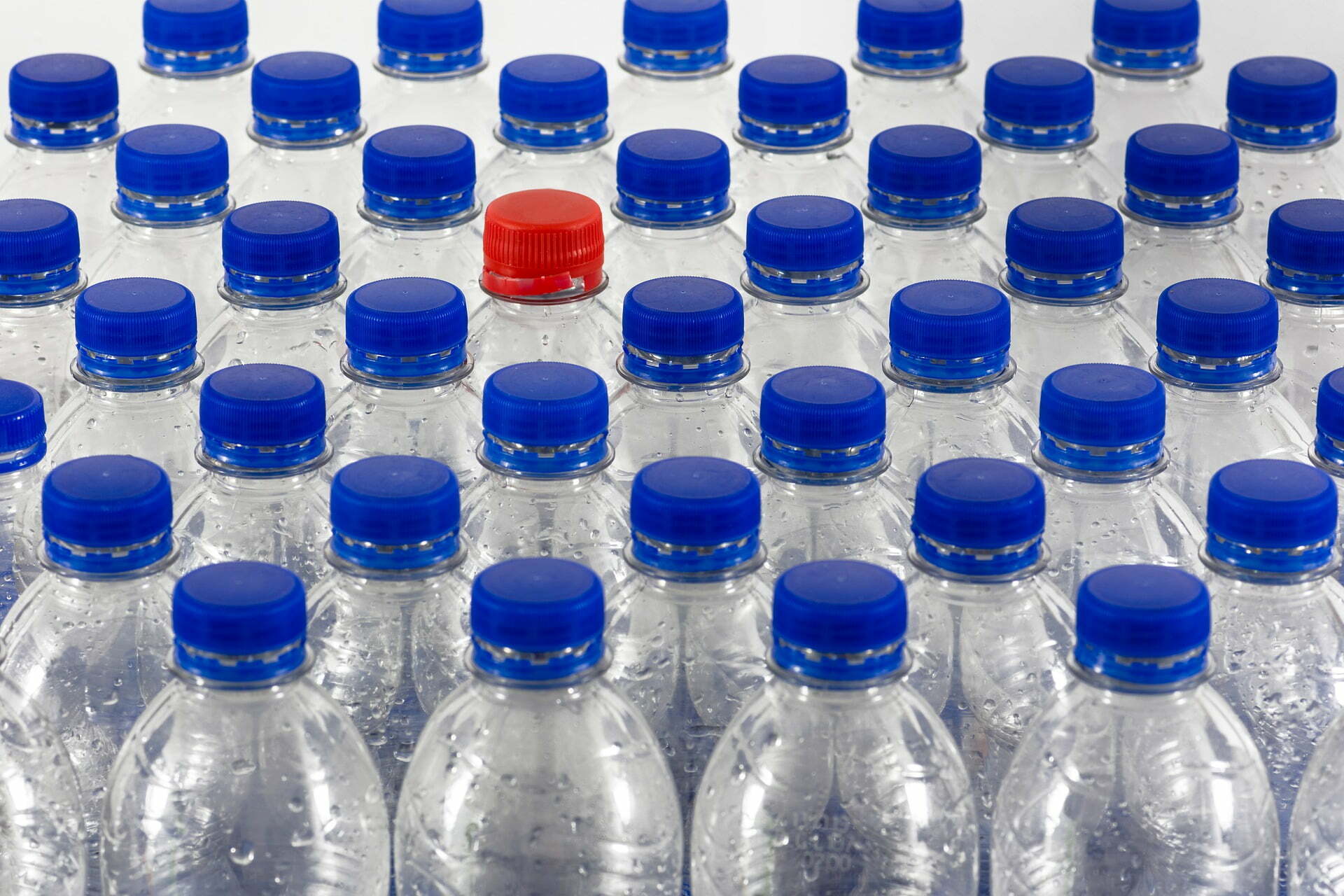Biodegradable, Renewable Plastic – from the Sun
Plastic is not only environmentally damaging to produce, but very few plastics can be recycled or degraded. Wouldn’t it be great to find a way to create completely degradable plastic made from renewable sources? Researchers in Japan may have found the way.

Look around the room you are sitting in; how many things can you identify as plastic? From our kitchen sponges to our packaging for food and cosmetics, many things in our day-to-day lives come from plastic. Four percent of the worldwide production of oil and gas is attributed to the production of plastics.
The problem is that most plastic is made from non-biodegradable materials, meaning it takes a long time to decompose – think 450 years for a single plastic bottle to decompose into the ground. Additionally, plastic production contributes to greenhouse gas emissions and ends up in our oceans, which can negatively impact marine life.
As the world becomes more aware of their environmental impact, bio-based plastics are becoming increasingly important. Bio-based plastics are typically made from sustainable, renewable sources. Some new trends are seaweed, wood pulp, and fruit skins. Polybutylene succinate (PBS) naturally decomposes in water and carbon dioxide. It is versatile, has high heat resistance, and has properties similar to polypropylene plastic (the plastic found in the automobile and textile industries).
PBS is frequently used in food packaging, packaging for cosmetic products, medical implants, and dissolvable drug encapsulation. While it may seem like the solution to our plastic problem, there is one issue. PBS is made out of petroleum, which, as we’ve mentioned, is harmful to our planet. Petroleum is also a non-renewable resource, so we can’t get it back once it’s gone.
Wouldn’t it be great if humans could design a plastic that didn’t require the use of petroleum and be completely biodegradable? Researchers from the Osaka Metropolitan University in Japan might have found the solution – Biodegradable, Renewable Plastic – from the Sun.
The researchers have created fumarate, an organic compound typically found in PBS, using artificial photosynthesis. Fumaric acid is typically synthesized from petroleum and is currently used to make biodegradable plastics. The researchers have found a way to synthesize petroleum from CO2 and biomass-derived compounds using renewable solar energy.
This is the first time fumaric acid has been successfully synthesized from carbon dioxide and sunlight. And the researchers don’t plan on stopping there as they continue to work towards better CO2 conversion systems with an even lower environmental impact.
Sustainable solutions are available to us, but it takes time, resources and extensive research to make them feasible. With researchers like those from the Osaka Metropolitan University, we might be able to sustainably move away from petroleum-based plastic and towards plastic that will not harm our environment. This study opens up a full range of what is possible to achieve as we work towards reducing our carbon footprint and environmental impact.










